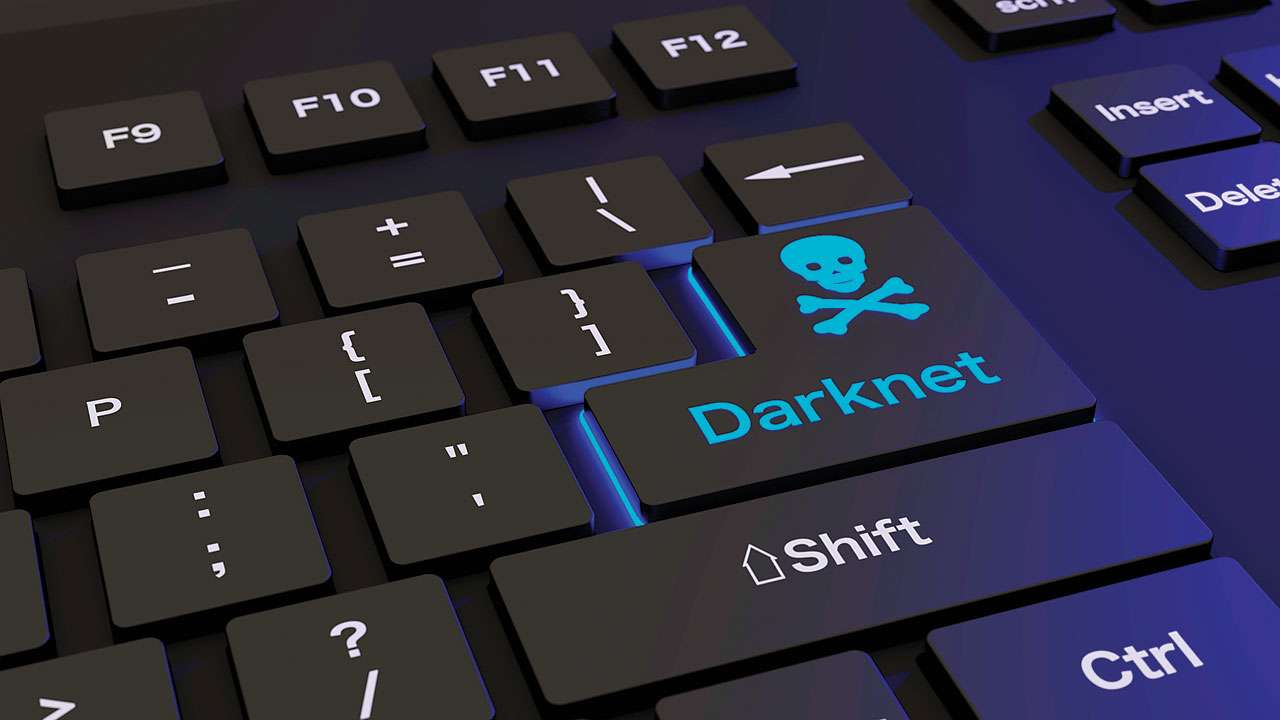
Maharashtra has a war room headed by Chief Minister Devendra Fadnavis where policy decisions are taken instantaneously and their implementation tracked by a young team of bright interns chosen from all over the country, headed by an officer of the level of joint secretary.
Fadnavis thought of this novel idea out of his concern for the lag in decisions and the longer lag in implementation. Bottlenecking is an administrative norm, a practice perfected over the years. Administrative decisions that should take 10 minutes take days and their implementation happens over years. The war room’s mandate, to put it in simple terms, is to debottleneck.
The war room’s primary focus is infrastructure and IT. While many infrastructure projects such as the Metro, the Mumbai-Nagpur expressway and the airport are being tracked vigorously, IT takes the backseat. That’s predictable and acceptable in a development-oriented ethos, but for the fact that there is at least one important project that should have been frontlined and fast-tracked long ago.
A critical decision that can vastly impact the security of the state, and the country, is hanging fire for the past years or more only because nobody has taken it forward. At a time when terror organisations are aggressively into technological applications, a progressive state like Maharashtra, which often finds itself on their radar, is refusing to scale up its ante.
Darknet, the secure access overlay beyond Internet that escapes search engines and can be accessed only by users through chat apps, is where all the clandestine action all over the world is. Most importantly, Darknet is the breeding ground of arms smuggling, criminal activities, and terrorism.
Working on beefing up security apparatus without a provision to develop the capability for monitoring criminal and terror activities on Darknet is a bit like making a provision for lathis to deal with terrorists. There is a lot of high-value intelligence floating on Darknet. Various closed communities work in spheres for drugs, arms, human trafficking, crime, terror, etc., on the Darknet. There is a confidential communication dating back to 2010 from al-Qaeda to its men that is available with intelligence agencies to prove that the terror outfit has been on it since then. In the west, lone wolf attacks have been found to be linked to communications on the Darknet. In India, it’s entirely possible that political killings such as the murder of SFI members allegedly by PFI are emerging from the dark realism of the Darknet.
Thanks to the setups put in place by the Centre and some other states, but Maharashtra, which have seen a spike in terror activities in the past two decades, have a generally better grip on law and order than many states. However, they are still to find their feet on this technological labyrinth.
A proposal to get Maharashtra on Darknet was approved by Fadnavis in April 2017, but no headway has been made since. An IT proposal with greater far-reaching ramifications than artificial intelligence has been cold-shouldered because the home department did not think it fit to allocate Rs 5 crore for it. The principal objection from senior bureaucrats was: Why do we need it when the Centre already is on it?
It is learnt that states like Andhra Pradesh, Telangana, Rajasthan, Haryana and Delhi have already greenlighted the development of Darknet monitoring. A state presence, apart from that of the Centre, is vital for three reasons: a) it’s a huge country; b) a state perspective could differ from that of the Centre and it could want micro information that the Centre could possibly not be interested in or miss; c) emerging issues could be confined to micro impact if detected on time.
For instance, there are reasons to believe that a Maoist-Jihadist alliance is thriving on Darknet and penetrating the society by brainwashing impressionable minds. Maharashtra has its vulnerable Naxal-infested areas like Chandrapur where curbing red activity has not shown desired results due to lack of actionable intelligence. A mechanism to track their activities on Darknet in real time could prevent untoward incidents as well as potential escalation of a law and order situation.
Right from the time Fadnavis took over as CM, the top layer of the state’s bureaucracy has been recalcitrant. He brought them around more or less, but there are times when they like to believe that they have the upper hand. The Darknet issue appears to have been sucked into one of those moments.
Even if the bureaucracy is not convinced about the relevance of a Darknet tracking mechanism, it may be worthwhile to test its relevance by sanctioning a trial. Mumbai now has a new police commissioner, Subodh Jaiswal, who has been with R&AW for a decade. State police chief, Datta Padsalgikar, too, has had a long innings with the Intelligence Bureau. With a thorough grounding in security, the senior-most officers in the state cannot possibly be blind to the Darknet threat.
Roman statesman Marcus Tullius Cicero is believed to have said: “The safety of the people should be the highest law.” Getting on Darknet would help not just the state but the country at large — in security preparedness. Fadnavis’s word should mean something.
The author is a senior journalist and a communications consultant. Views expressed are personal.